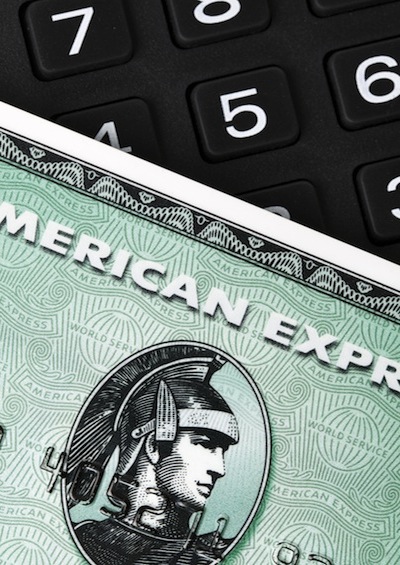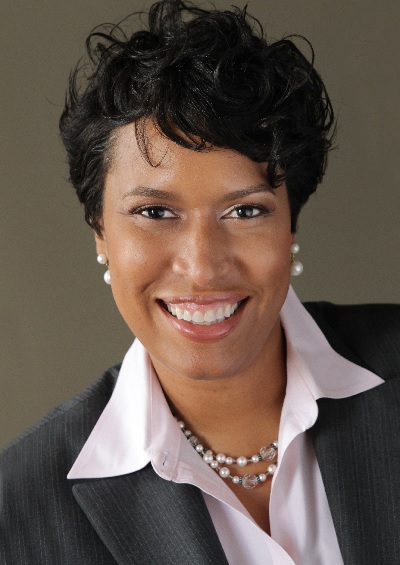American Expressed: Life in a World of Oligopolies
How Amex does self-service, not customer service: U.S. corporate practices in the age of algorithms.
April 8, 2014

One morning, my cellphone rang. The automated voice that came on the line, claiming to be from the American Express Account Protection Services. The automated voice wanted to confirm some transactions I was to have made.
Following a general rule I recommend to anybody in such a situation, I hung up on the robo-call. I could not confirm the source of the call and, after all, accounts get hacked into all the time. I was not about to make matters worse by providing personal information.
As a matter of prudence and precaution, I called the American Express customer service number on the back of my card. After entering my card number as prompted, a recording came on to ask me once again about “questionable” charges. Wanting to reach a human being, I repeated the words “representative” and “(customer) agent” a good many times before my call was unceremoniously disconnected by Amex.
I called again, this time without entering my card number and requesting a representative straight away. I lucked out. I was informed that there was indeed a charge that had been denied.
Legitimate charge
The payment had been requested from a bookstore at the University of Maryland, where my son is studying. While staying with us, he had ordered books two days earlier from that bookstore using my credit card over his winter break before returning to school.
I have used American Express almost exclusively since 1996, not for any presumed prestige purposes but because I prefer to have control over my spending. Amex, after all, isn’t really a credit card, since one really has to pay it off within a month.
Since I have used the card for business purposes and travel a lot, the company should by now have a refined and extensive purchase history and purchase behavior model for me.
Now, since my son needs those books for school, I wanted the declined charge for his books to be paid. After all, it was a legitimate charge I had authorized him to make.
Algorithms have the last word
But it’s not so simple. As it turns out, once a charge has been denied, the awesome computerized systems of American Express cannot undo what the algorithms have wrought. I got to talk with people from the fraud department.
I asked why this charge was ever denied. There had been several charges from university bookstores in Maryland to my account before.
The representative quickly offered this for an explanation: “This is for your protection.” And, of course, as so many things people in that industry will tell you, it’s a lie.
If your card has been fraudulently used, the liability is with the credit card company as long as you detect and report the fraudulent charge. So, this is really all about protecting American Express – and not about me.
Never mind the misrepresentation, I also do not really care about the profitability of American Express. What I do care about is that I can rely on using my credit card for the purposes for which it was designed — convenient payments.
No rhyme or reason
I quickly realized that talking with that very customer-unfriendly representative was getting me nowhere. So I asked to be transferred to somebody higher up.
Eventually, I did get to talk to a supervisor. In that illuminating discussion, I was told that there was no particular reason for the bookstore charge to be flagged as potentially fraudulent. Any transaction could be deemed fraudulent, she said.
Now, there’s a powerful statement that washes the credit card company of any responsibility. Crucially this includes maintaining sane and sound algorithms to flag unusual transactions.
Anybody can understand that there is a reason to deny a single charge from, say, an antique shop in China, without any related hotel, restaurant or travel activity. But a bookstore?
Could it be because my son ordered the books online? No, not really. I have given him my credit card many times to do just that. In fact, this was precisely the way he purchased his books last year. The automated algorithms clearly aren’t working as well as claimed.
How to fix the system
Given all that, a couple of recommendations are in order for credit card companies:
1. Don’t use automated services to alert customers of suspected fraud. Anybody should be suspicious of such calls.
2. Use human beings. Yes, I know that maintaining human staff costs companies money, but they are making enough.
3. Change your practice and put customers right through to a representative (at least when insistently asked in the voice match with the computerized voice).
4. Finally, if algorithms are used to detect fraud they must be as flawless as possible. I know that costs money, but companies are making enough.
As for myself, my relationship with American Express will be severed. Sadly, I am sure that I will have similar issues elsewhere. Such is a world made up of oligopolies.
Takeaways
I will sever my relationship with American Express, but I will have similar issues in this world of oligopolies.
I wanted the declined charge for books to be paid. After all, it was a legitimate charge. Not so simple!
The awesome computerized systems of American Express cannot undo what the algorithms have wrought.
“This is for your protection.” As so many things people in that industry will tell you, it’s a lie.
Use human beings. Yes, I know that costs money, but you are making enough.
If there is no customer recourse to a fraud division headquartered in the US, regulators need to change that
If algorithms are used to detect fraud they must be flawless. That costs money, but you are making enough.
Read previous

Healing D.C.: What Muriel Bowser Must Do
April 7, 2014
